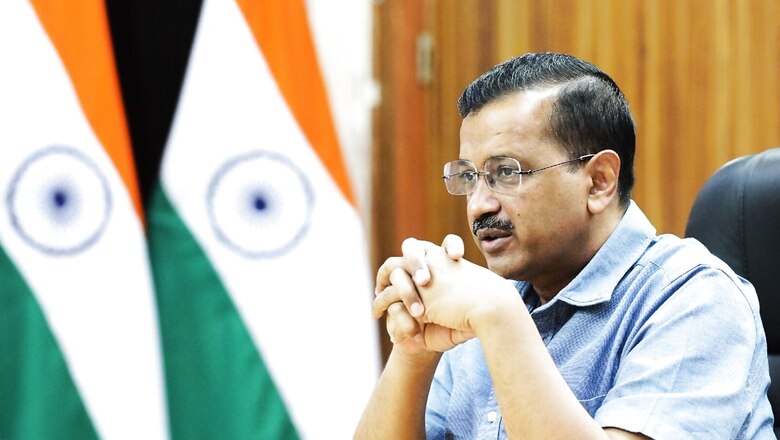
views
“Today, I want to give an offer to the Central government — use our services,” said Aam Aadmi Party (AAP) chief and Delhi Chief Minister Arvind Kejriwal just before embarking on his fifth trip to election-bound Gujarat in a month.
“We also belong to this country. Let’s keep politics aside for a moment. Let us all get together — governments and citizens – to overhaul our government schools.”
And, yet again the CM hammered his point that “free and quality education or health services can’t be called a freebie”. “Around 130 crore people are willing to sacrifice one meal a day if needed, for free, good education and health services across the country,” he asserted.
The AAP convener was reiterating what he had already said a day before in his address on the 75th Independence Day. Hinting at the national ambitions of his 11-year-old party, Kejriwal said, “I have only one dream and that is to see India as the number one country in my lifetime — the most powerful, the tallest nation in the world.”
THE BIG INDIAN EDU DREAM
Kejriwal argued that India, which is a developing nation even 75 years after Independence, can only be one rich when every citizen becomes rich.
“Is it possible that India becomes rich while its citizens remain poor? Or that all Indians become rich and yet India be counted among the poor nations,” he asked.
अब समय आ गया है –भारत को "विकसित राष्ट्र-सर्वश्रेष्ठ राष्ट्र" बनाने का हर बच्चे को अच्छी शिक्षा और लोगों को इलाज दिलाने का ???????? pic.twitter.com/vC6qWlBMQd
— AAP (@AamAadmiParty) August 15, 2022
“I want to make every poor citizen rich. I don’t have any issues with the rich, however, I want to make the poor citizen rich,” Kejriwal underlined.
The key to wealth for a poor family lies in good education for their children, the CM said.
He cited the example of Kushal Garg, the son of a plumber earning Rs 10,000 to Rs 12,000 a month, who has gained admission into the prestigious All India Institute of Medical Sciences. “Once Kushal passes out of the institute, he would be in a position to earn Rs 3-4 lakh a month, which will lift his family out of poverty.”
Kejriwal pointed out that across India, 17 crore children study in government schools and, with a few exceptions, most schools are in bad condition, which means the future of the students from poor families is bleak. “On the other hand, if government schools across the country become shaandaar like those in Delhi, and if these children get good education and grow up to become good businessmen, traders, doctors, engineers and lawyers, each one of them will lift his or her family out of the shroud of poverty. Once that happens, the country will also become rich. If we provide good education to 17 crore kids, we can make India rich,” Kejriwal reinforced his point.
Kejriwal drew on the example of America and argued that “the country is not providing free education to its children because it is rich, America is rich because it provides free education to its kids”. “If America stopped providing free education to its children, it will slip into the ranks of poor nations.”
The chief minister also cited the example of England and Denmark to drive home his argument.
FOUR-POINT FORMULA
Kejriwal offered a four-point formula, which, according to him, will make every Indian and consequently India rich — overhaul government schools across the country, build countless new government schools, regularise the employment of contractual teachers and recruit new teachers and train them, if needed, abroad.
हर बच्चे को देशभर में अच्छी और फ़्री शिक्षा मिले, हर व्यक्ति को अच्छा और फ़्री इलाज मिले – हमें अब इस कार्य में युद्धस्तर पर लग जाना चाहिए। तभी भारत नम्बर वन देश बनेगा। https://t.co/oAj9TmQH0d— Arvind Kejriwal (@ArvindKejriwal) August 16, 2022
Kejriwal said it has already been achieved in Delhi in five years.
HEALTH TO WEALTH
The second weapon to making Indians rich is to provide good and free health services to 130 crore Indians. Citing Delhi’s example, Kejriwal said that 2.5 crore Delhiites are entitled to free health services, ranging from small ailments to serious diseases. “If Delhi can do it, the Central government can also do it. What is needed is a commitment to galvanise and strengthen the public health care system when, in fact, the reverse is happening.”
The chief minister alleged that government schools are knowingly being allowed to go to the drains so that private schools can flourish.
Kejriwal referred to the Ayushman Bharat insurance scheme of the Central government which provides a cover of Rs 5 lakh and argued that it is inadequate when many parts of the country do not even have hospitals. Kejriwal alleged that the government is washing its hands off the responsibility of providing health care through government hospitals.
“Delhiites have a ‘suraksha chakra’, which provides them free health care — from common medicines such as crocin to more complicated ailments that need Rs 20 lakh-Rs 40 lakh for treatment. It can be done across the country,” the chief minister said. “What we need are more government hospitals, mohalla clinics, dispensaries, equipment such as X-ray and MRI machines and provision for tests. This can be done. The government has the necessary funds,” Kejriwal underlined.
Once again, citing Delhi’s example, Kejriwal said that once the infrastructure is in place, it costs the exchequer Rs 2,000 per person on an annual average.
As with his I-Day address , the leitmotif in Kejriwal’s pitch was that free and quality education and health services are a reality in Delhi achieved in five years, and can be achieved for India’s 130 crore citizens.
Read the Latest News and Breaking News here











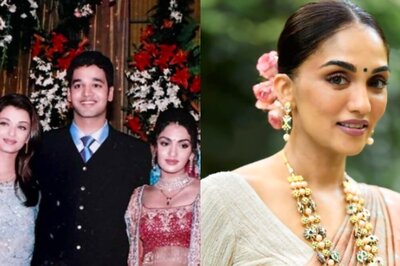
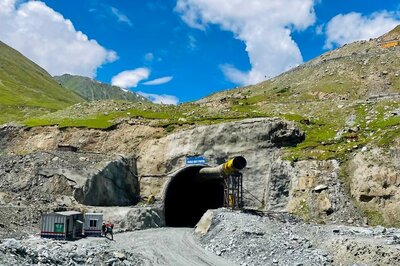
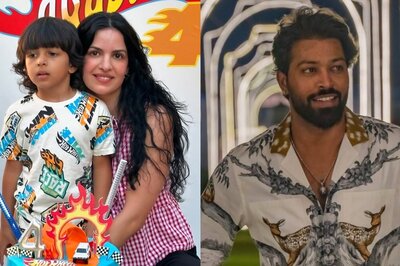

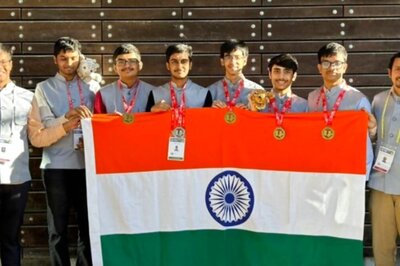
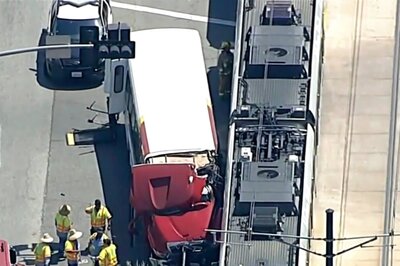
Comments
0 comment